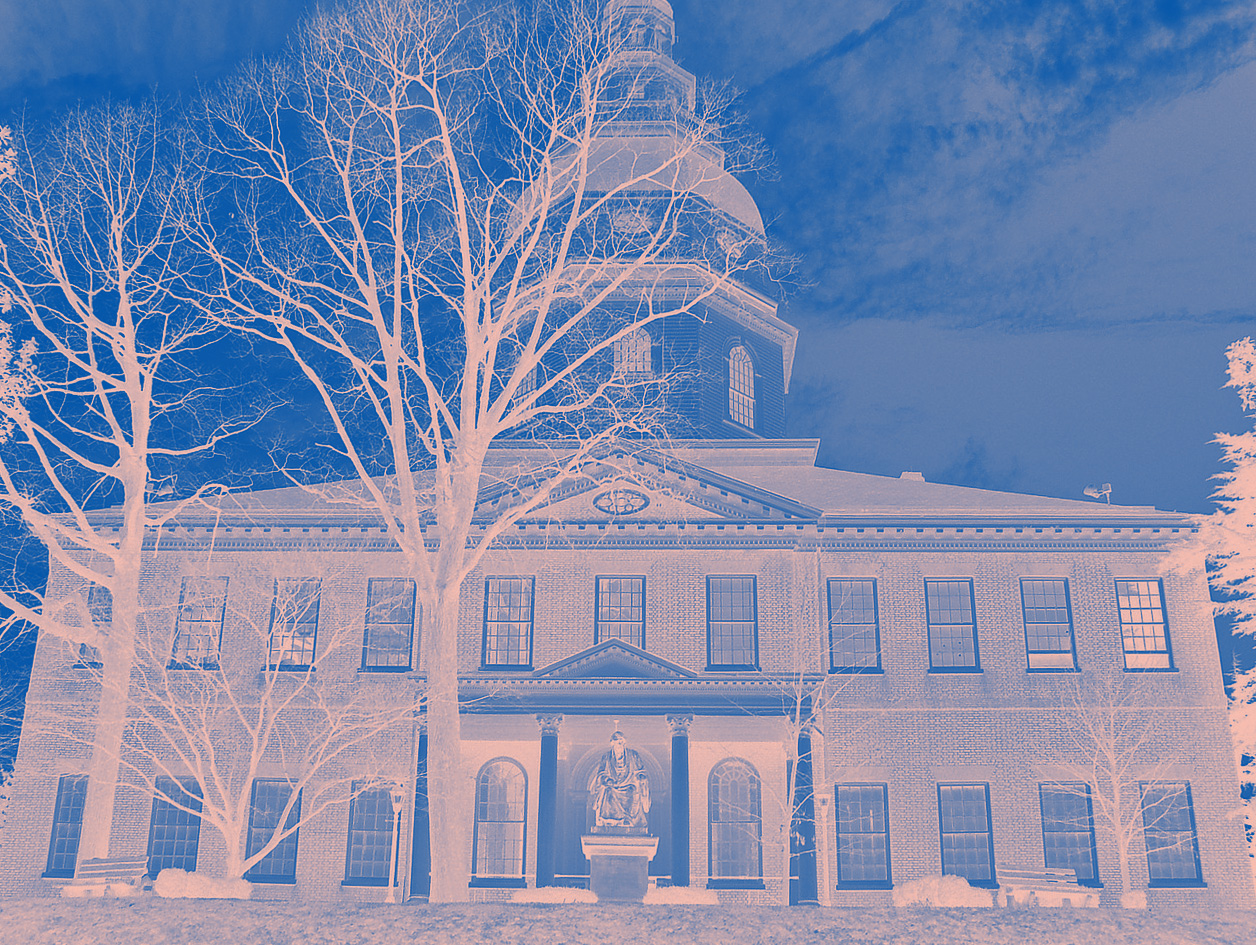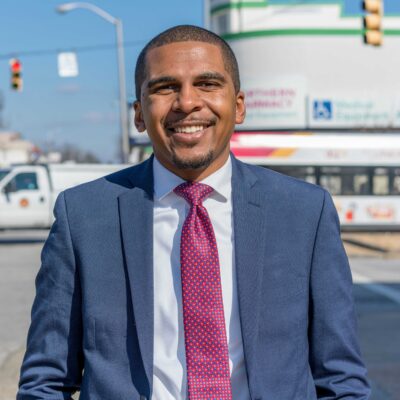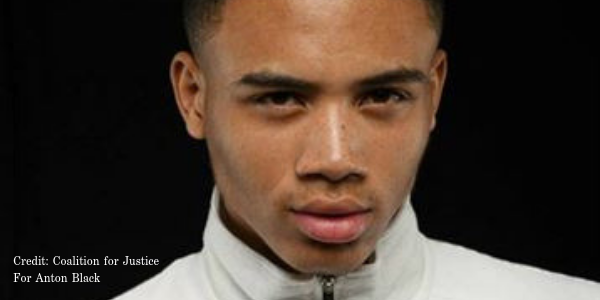Want to find out about what new Maryland laws are going into effect October 1 that could affect you and your civil rights? Check out our list below.
On October 1st, there are new policing and parole laws going into effect that you helped get passed:
Policing: Anton’s Law/Maryland Public Information Act Reform (SB178)
- This law increases public access to information about police misconduct cases by allowing internal investigations and misconduct records of a police officer to be disclosable to the public.
- This matters because it increases transparency in cases where bad officers have committed bad acts. Most importantly, this allows for victims of police violence, their families, and the public to hold agencies accountable for executing thorough investigations. It can also shine light on officers with a history of abuse which could prevent cases like the one of Anton Black, who was murdered by white officers in Greensboro, MD from ever occurring. One of those officers had a bad record of abusing Black people.
Policing: No-Knock Warrants (SB178)
- This law makes changes to search warrants, including “no-knock” search warrants, by banning the use of no-knock warrants at night, absent exigent circumstances, and limiting the use of these warrants to situations where a person’s life is in danger.
- This law seeks to prevent situations, like that which caused the death of Breonna Taylor, from occurring in Maryland. Further, officers will be required to be in uniform and wearing body-worn cameras when executing all search warrants.
Parole: Juvenile Restoration Act (HB409)
- This bill would allow the courts to reconsider a person’s life sentence after they spent a minimum of 20 years incarcerated and they have demonstrated their rehabilitation.
- This bill is important is because it gives hope to people who are working to earn their freedom. We must remember that many Marylanders who are incarcerated and were children when they were convicted and sent to prison. Children’s brains are often not fully developed yet. When children commit a crime, this fact must be taken into account in their sentencing. Children who are looking at a sentence of 40, 50, or even 60 years need to have some hope that if they rehabilitate themselves, they can indeed change their lives, earn parole, and safely return to the community and their families.
The Maryland Coalition for Justice in Policing and Accountability (MCJPA) also advocated for local control of Baltimore City’s Police Department. A measure to create a pathway to restore control passed during the 2021 General Assembly and has already gone into effect.
Policing: Local Control of the Baltimore Police Department (SB786)
- It establishes an advisory board to study potential issues related to the transfer of control of the police department.
- Additionally, it establishes BPD as a city agency, rather than a State agency, contingent upon the passage of an amendment to the city charter and ratification by the voters of Baltimore City at either the 2022 or the 2024 general election.
- This is an important step to ensure that residents of Baltimore City regain full control and oversight over their own police department, so that local leaders can enact rules to change the culture of policing in Baltimore.
Here’s info about other important MCJPA priority police reforms that passed during that 2021 General Assembly and go into effect on July 1, 2022:
Policing: Law Enforcement Officers’ Bill of Rights (LEOBR) Repeal (HB670)
- This law repeals Maryland’s extreme Law Enforcement Officer’s Bill of Rights and establishes a new disciplinary framework for police officers. However, the bill still maintains trial boards, which have the final say on police discipline and is an unnecessary procedural barrier to preventing or delaying police misconduct and abuse.
- This law allows for the chief to fire an officer who: 1) Receives probation before judgment for a felony; 2) Is convicted of a misdemeanor committed in the performance of duties as a police officer; or 3) A misdemeanor involving dishonesty, fraud, theft, or misrepresentation.
- This law prohibits misconduct records from being expunged or destroyed by a law enforcement agency.
- This law requires each county to establish a Police Accountability Board and Administrative Charging Committee with a membership of majority civilians.
- While this bill allows for civilian participation in the disciplinary process, it does not establish true community oversight, which means that there is a community-controlled and operated entity that is external to the police department or state-imposed processes that has the power to investigate, adjudicate, and impose discipline.
Policing: Limits to Police Use of Force (SB71)
- This law establishes a statewide police use of force statute in Maryland requiring that law enforcement officers only use force that is necessary and proportional, based on the totality of the circumstances.
- Using de-escalation tactics are required. Officers also must cease use of force as soon as possible, intervene to prevent excessive use of force, and obtain medical assistance after use of force incidents.
- While this may not stop all cases of police violence, we hope that this may decrease police violence, amend training protocols, and change police culture when it comes to police brutality against Black, Indigenous, and People of Color.
These laws are new and impactful! They could not have been passed without your help and advocacy. This year, you showed our state leaders that we need to create policies and modern-day laws that work to benefit all Marylanders. We strive for a Maryland where Black, Indigenous, and People of Color can live freely and have their rights respected.
Did you enjoy learning about these new laws? Then, you’ll love our latest 2021 legislative report about all of the bills we worked on this year. Read more here.






